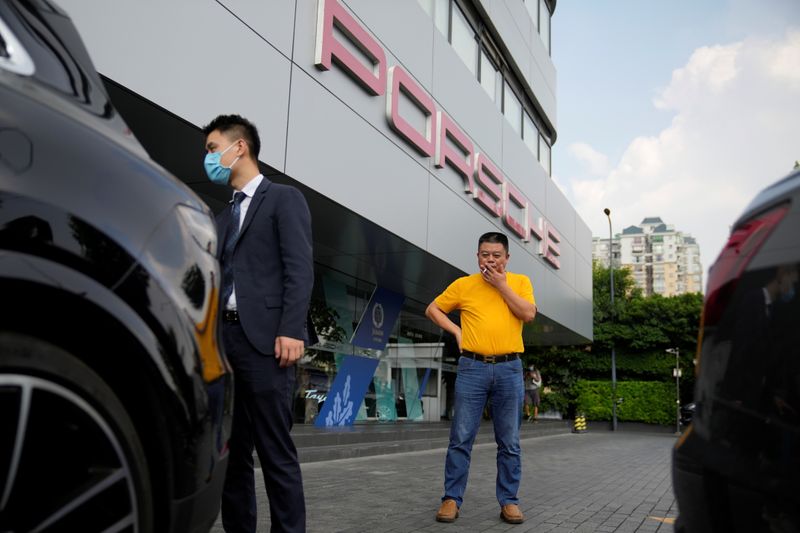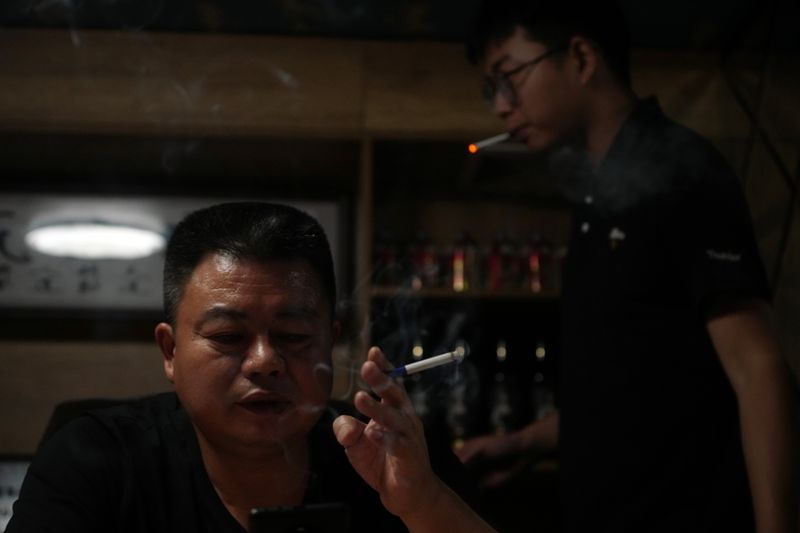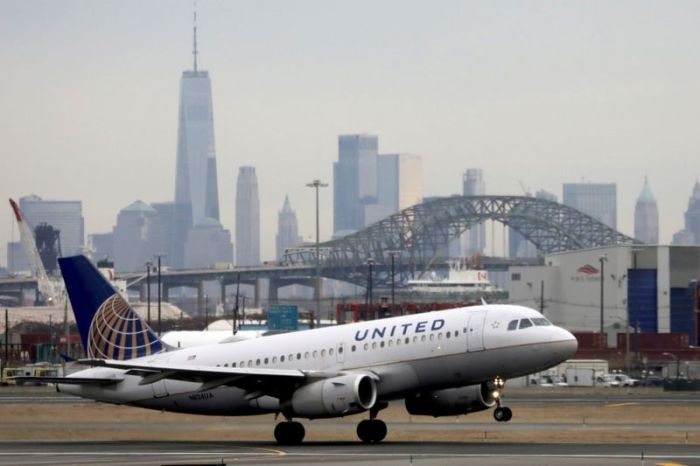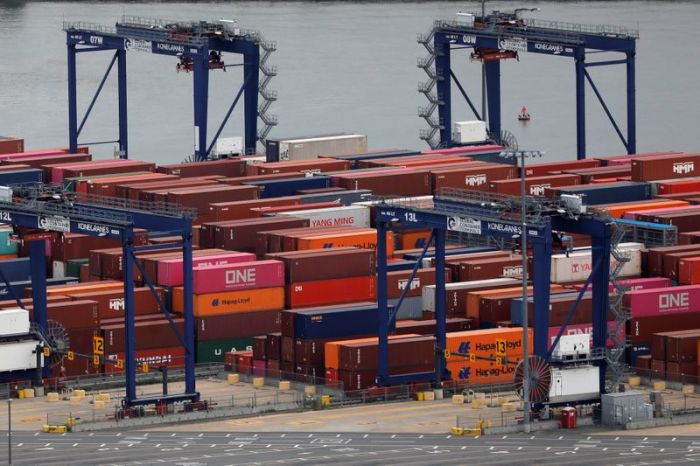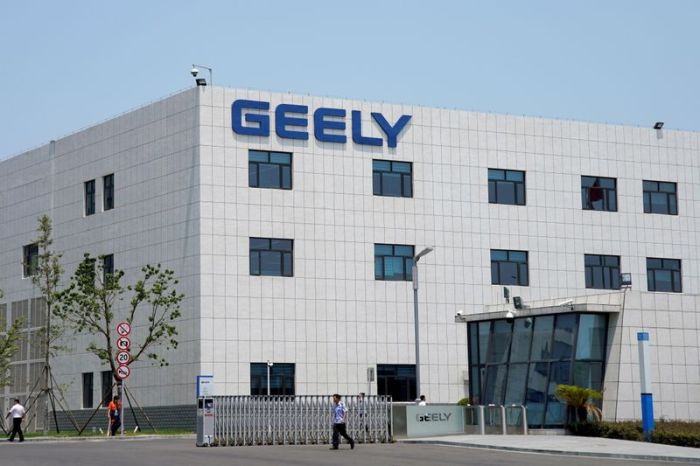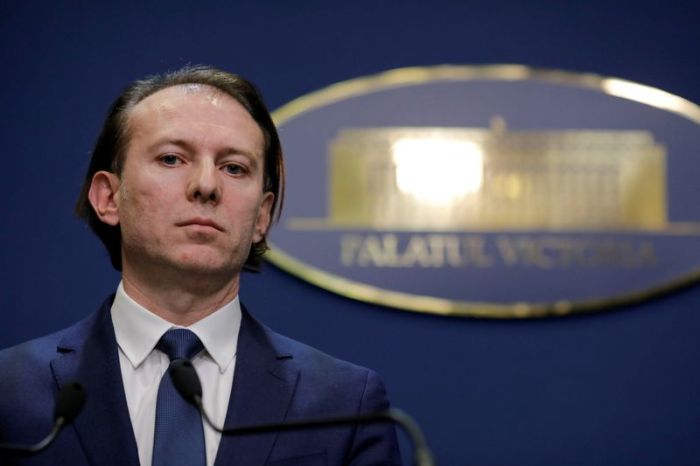GUANGZHOU, China (Reuters) -Guo Hui, whose cleaning business is owed 20 million yuan ($3.1 million) by embattled real estate giant China Evergrande, is counting on the government to fix a crisis that has left his own company on the brink of bankruptcy.
In the meantime, the 50-year-old known by friends and colleagues as “Brother Hui”, has sold his Porsche Cayenne and put his apartment on the market in a scramble to raise cash to pay debts and wages.
“We’ve reached out to those in charge but they either say they have no money or don’t know when they can settle the payments,” Guo said from his office at the back of a building in a street in Guangzhou’s Tianhe district that is lively with small restaurants and stalls.
His case is typical of countless suppliers left on the hook by China Evergrande, based in nearby Shenzhen, which was the country’s top-selling property developer before running short of cash this summer under the weight of $305 billion in debt.
Originally from Sichuan province, Guo founded his cleaning business, called Feiyun, more than two decades ago.
Like many self-made entrepreneurs of his generation, Guo sees his as a rags-to-riches story that went hand in hand with the economic rise of China.
He said he has been working since 2017 with Evergrande, which accounted for 90% of his business when he started to face problems in June, when payments on commercial paper issued by the company stopped.
China Evergrande did not immediately respond to a request for comment on Guo’s assertions.
“We’re left in a very passive situation,” he said.
Feiyun provides cleaning and repair services for Evergrande apartments in Guangdong province, ensuring that new builds are clean before being shown to prospective buyers.
It has about 100 permanent staff and uses 700 to 800 contractors, depending on demand, most of them migrants from less-wealthy inland provinces, Guo said.
“Frankly, Evergrande really owes the money to ordinary migrants who worked hard for it,” he said.
A few months ago, Guo had a team of 300 cleaning thousands of apartments at the high-end Zhanjiang Evergrande Waitan Gardens development in the southwest tip of the province on two contracts totalling about 1.5 million yuan.
“They worked day and night for us. I’m doing my best to pay them from loans I’ve taken out, but I can only manage a third or fourth of it. We still owe them about 2 million yuan,” said Hui, referring to staff arrears on three different projects.
Maotai bottles lined the shelves behind Guo, the single photo on his desk showed him skiing in northern China in 2017, “before things got hard”.
An outdoors enthusiast, Guo had been planning eventually to hand his business over to his son Guo Jing, who stood listening nearby, so that he and his wife could travel abroad – plans thwarted first by the COVID-19 pandemic and then Evergrande’s crisis.
Beijing has been largely quiet on the Evergrande situation, which has rattled global markets and left investors as well as hundreds of thousands buyers of unfinished apartments facing uncertainty, triggering protests at Evergrande offices this month.
“We can only wait for Evergrande to sort itself out or for the government to help,” Guo said. “No matter what, I still believe in the government. This must have a conclusion.”
The next day, Guo drove to a Porsche dealership to sell back what he sees as a symbol of his hard work. He asked to sit in it one more time after the papers were signed.
“This is what the Evergrande situation has come to,” he said at the dealership, adding that he could now only wait for the government and courts to act.
Having come from poverty once, Guo is confident his fortunes will turn.
“I’ll definitely buy my car back, when I make some money. I’m sure I’ll be able to get it back.”
($1 = 6.4662 Chinese yuan renminbi)
(Reporting by David KirtonEditing by Tony Munroe and Mark Potter)

